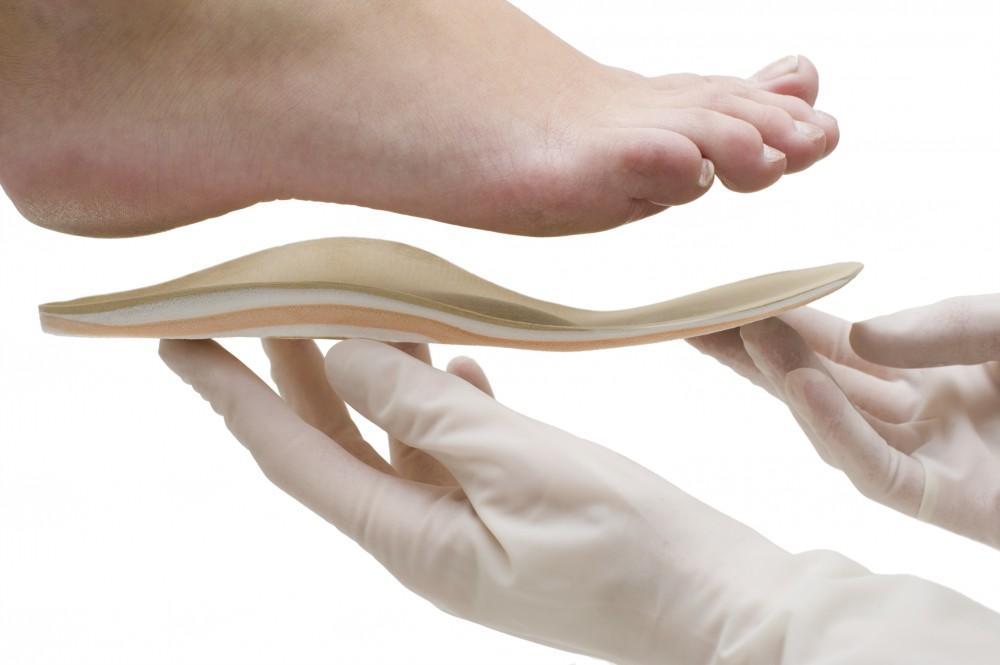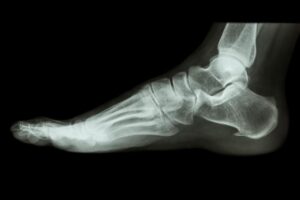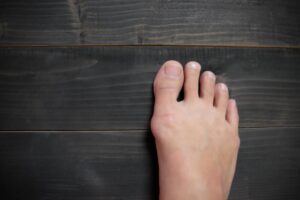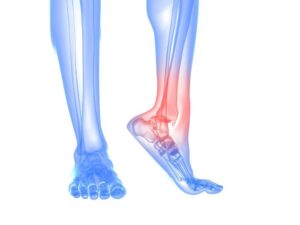7 Conditions You Can Treat with Custom Orthotics

When your feet or ankles bother you, getting on your feet and completing even simple activities is harder. Custom orthotics are an easy and nonsurgical treatment for many foot or ankle issues.
Podiatrists Ryan Golub, DPM, and Zachary Flynn, DPM, AACFAS, from Arizona Foot Health in Phoenix, Arizona, recommend custom orthotics in many different situations. Keep reading to learn seven conditions custom orthotics treat.
What do custom orthotics accomplish?
Custom orthotics help fix structural issues in your feet and problems with your gait and provide cushioning. Wearing custom orthotics improves your mobility and reduces pain and discomfort.
These small, flexible inserts fit easily into the shoes you love. They’re easy to fit using custom molds created in our office and are durable and long-lasting.
7 conditions custom orthotics treat
If you have any of these conditions, custom orthotics are a possible treatment:
1. Arthritis
Custom orthotics can help reduce some of the pain and instability in your joints when you have foot or ankle arthritis. This includes pain and swelling in your big toe, back of the foot, or ankle.
Adults and children with juvenile arthritis can all benefit from custom orthotics.
2. Plantar fasciitis
Plantar fasciitis causes pain in your heel and arch, making walking excruciating. A custom orthotic on your heel provides cushioning and helps relieve discomfort.
3. Flat feet
If your adult flat feet are causing you problems, custom orthotics can help with structural imbalances and reduce pain when walking. An orthotic can correct the position of your arches, which improves your gait and reduces pain.
4. Bunions
Combined with changes in your footwear, using custom orthotics can help reduce pain and prevent the need for bunion surgery. The right orthotic helps relieve pressure on the bunion and surrounding areas of the foot.
5. Runner’s knee
Problems with your running gait can cause problems above the foot, like runner’s knee or hip pain. Wearing orthotics during athletic activity assists you in performing running or other sports with the correct form and prevent or correct pain.
6. Morton’s neuroma
Walking without support can be excruciatingly painful when you have Morton’s neuroma. A pad supporting the area with the neuroma offers relief.
7. Calluses and corns
Calluses and corns can rub uncomfortably against your shoes or, if on the bottom of your feet, every time you take a step. The padding from orthotics helps make walking more comfortable.
There are additional conditions that custom orthotics can also treat. Our team can tell you if custom orthotics are the right solution for your needs.
Choosing custom orthotics
When deciding to use orthotics, you should always choose custom orthotics fitted by an experienced podiatrist. There are over-the-counter orthotics pre-fitted at the store, but these won’t give you as much benefit as custom orthotics specially molded to your feet.
Furthermore, buying the wrong type of orthotic or one that’s ill-fitting can cause your feet even more damage. Our podiatrists are experienced at evaluating your feet and determining the best type and size orthotic to benefit you.
If you’re interested in learning more about custom orthotics, contact us to schedule a consultation.
You Might Also Enjoy...
The Achilles Heel
Given Arizona’s climate, patients are able to remain active year round. It’s why we all chose to live here. But…
Alleviating Back Pain and Other Benefits of Custom Orthotics You Didn’t Know About
Would you ever imagine that custom foot orthotics could improve your quality of life? That’s what many people say after…
9 Helpful Tips to Prepare Your Home Before Bunion Surgery
When moderate interventions, such as wearing wider shoes or using pads in your shoes, fail to ease your bunion pain…
When Should You Go to the Doctor for an Ingrown Toenail?
In most cases, you can nurse an ingrown toenail at home with over-the-counter pain medication, topical antibiotic creams, and soaking…
6 Home Exercises to Keep Your Ankles Strong
Ankles that feel wobbly and weak are vulnerable to injury. If you play sports, run, jump, or just walk often,…
Is Surgery My Best Option For Treating Bunions?
You have a bunion and it isn’t pretty, but if your bunion is small enough, or doesn’t hurt, you may…






